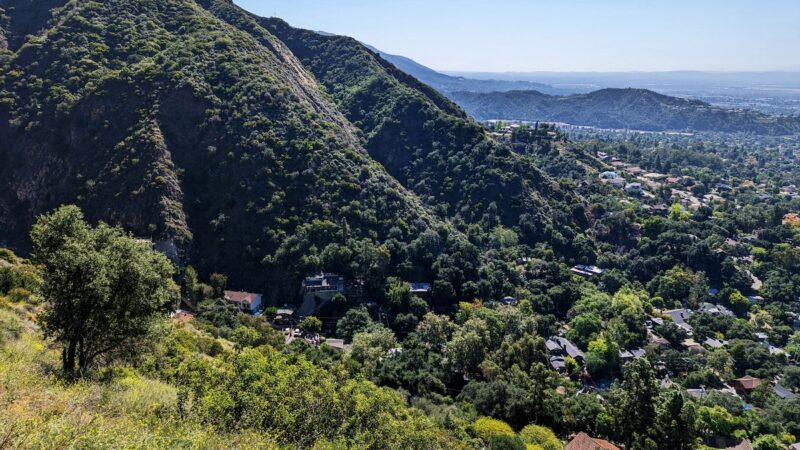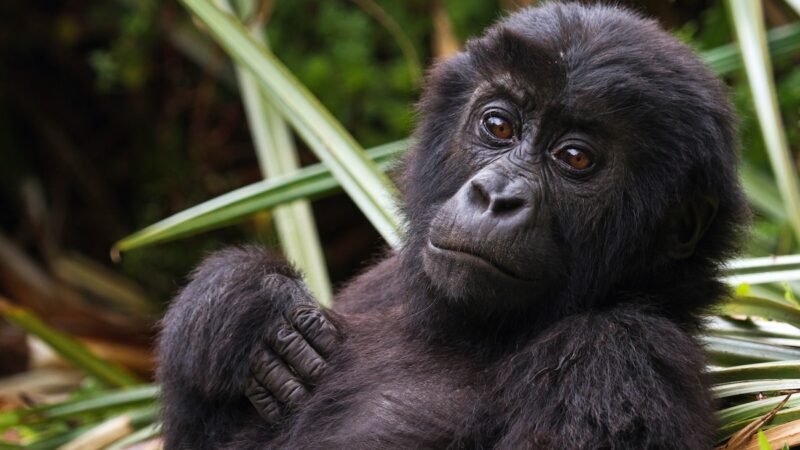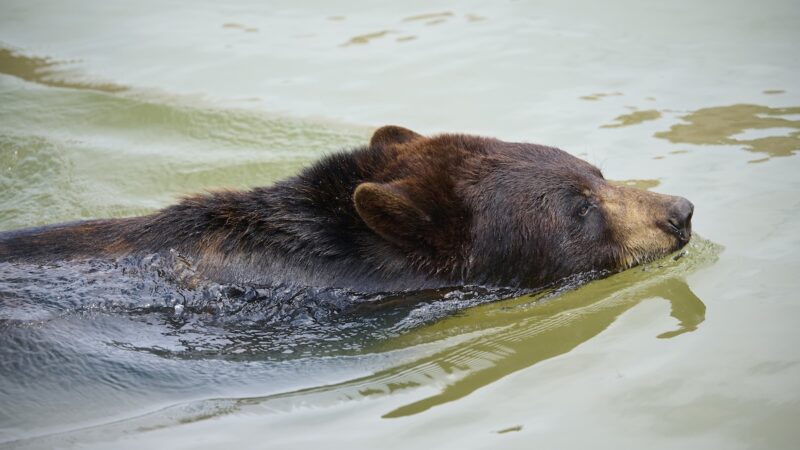10 Lions Killed, Including Africa’s Oldest, Amid Increasing Human-Wildlife Conflicts

After villagers in Kajiado killed 10 lions last week, Kenyan wildlife officials held a community meeting over the weekend to discuss better ways to resolve conflicts between humans and lions.
According to statements from groups in the area, villagers speared six lions on Saturday for killing 11 goats and a dog. And earlier in the week, four other lions, including Loonkiito, the oldest lion in Africa, were killed in similar situations outside of Amboseli National Park.
The advocacy group Lion Guardians explained that the end of a drought, which Kenya experienced one of the worst on record this past year, typically leads to an uptick in human-lion conflicts.
“In desperation, lions often turn to take livestock,” the group said. “Since livestock owners lost so many of their animals to the drought, they are particularly vigilant in watching over their remaining animals.”
During the meeting, the Kenya Wildlife Service said officials emphasized to attendants the importance of balancing the needs of communities and the needs of wildlife.
According to a 2019 report, lions are Kenya’s national symbol and play a significant role in the country’s natural ecosystem and tourism economy.
To help reduce lion killings and livestock attacks, organizations like Lion Guardians and Big Life Foundation offer training and financial assistance to communities and herders in affected areas.
In a statement following Loonkiito’s death, Big Life said the “tragic incident is a harsh illustration of the challenges in ensuring co-existence between human and wildlife.” The group explained programs such as its “Predator Compensation Fund” have helped.
Big Life said after the program was implemented in 2003, the number of lions killed by humans dropped significantly in some areas. For example, 18 months before the program, 31 were killed on Mbirikani Ranch, a major conservation area, and only 13 have been killed in the 20 years after.
Moving forward, the KWS said officials are urging communities to report any incidents of human and wildlife conflict and that they’re committed to “find lasting solutions to the conflicts.”







